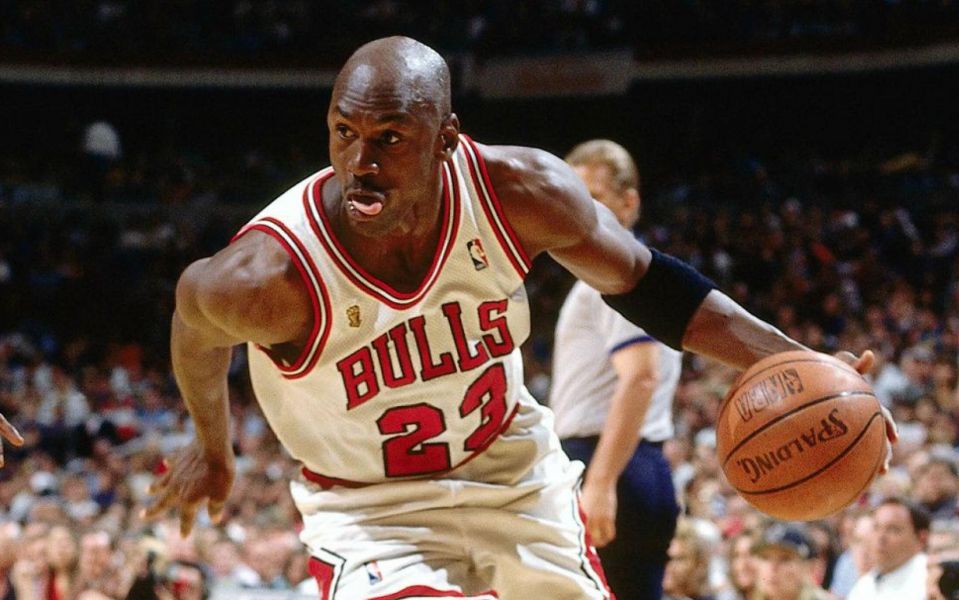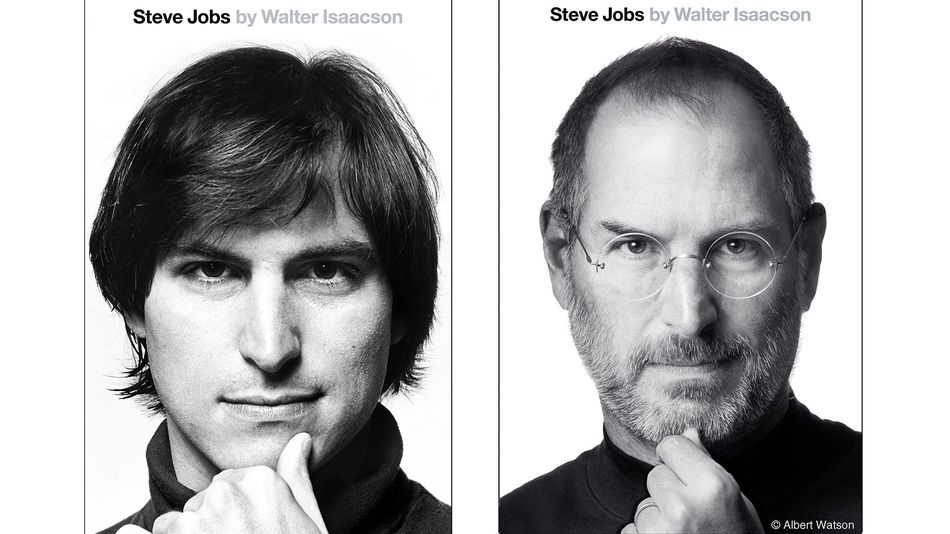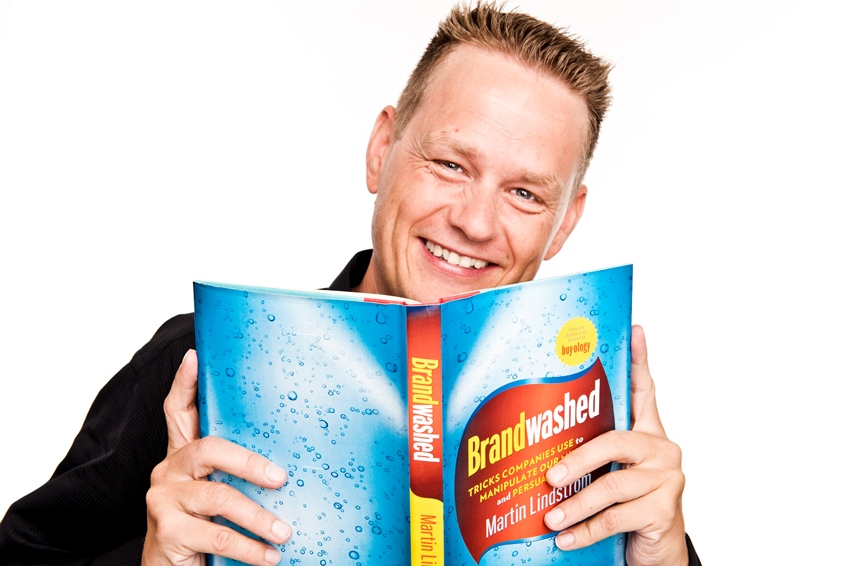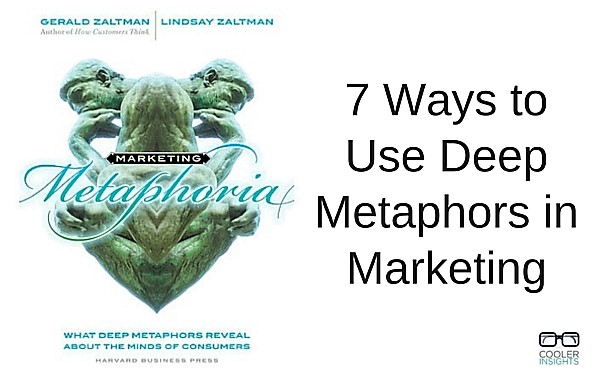
“Undercover Economist” Tim Harford’s latest book Adapt – Why Success Always Starts with Failure blends economics, psychology, evolutionary biology, and anthropology to explain why trial and error is preferred over grand strategic plans. Touted as “Britain’s Malcolm Gladwell”, Harford’s central thesis is that countries, companies and individuals should embrace an evolutionary and empirical approach in determining what works and what doesn’t.
Using analogies from evolution such as variation, selection and adaptation, Adapt uses far flung examples ranging from the Iraq War, Global Warming, 2007’s Financial Meltdown, to 3rd World Development efforts to prove its point. Some of its stories – such as the invention of the printing press by Johannes Gutenberg – date all the way back to the middle ages. Others, such as the almost accidental success of Google (which purportedly has no corporate strategy) are more recent.










